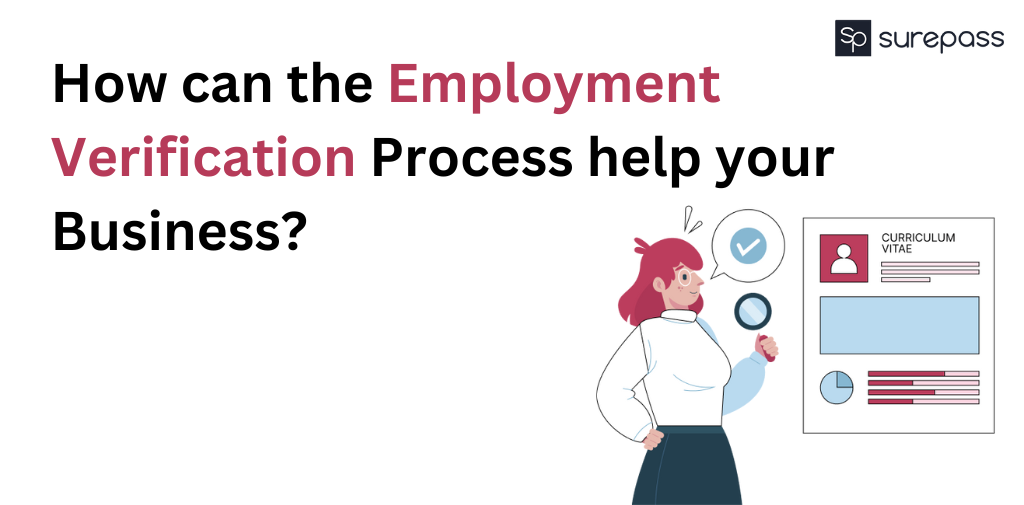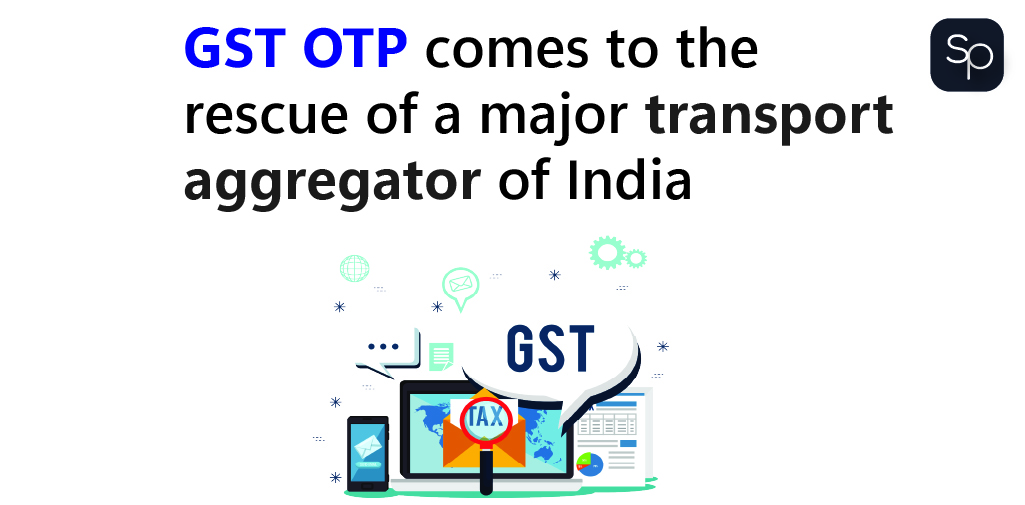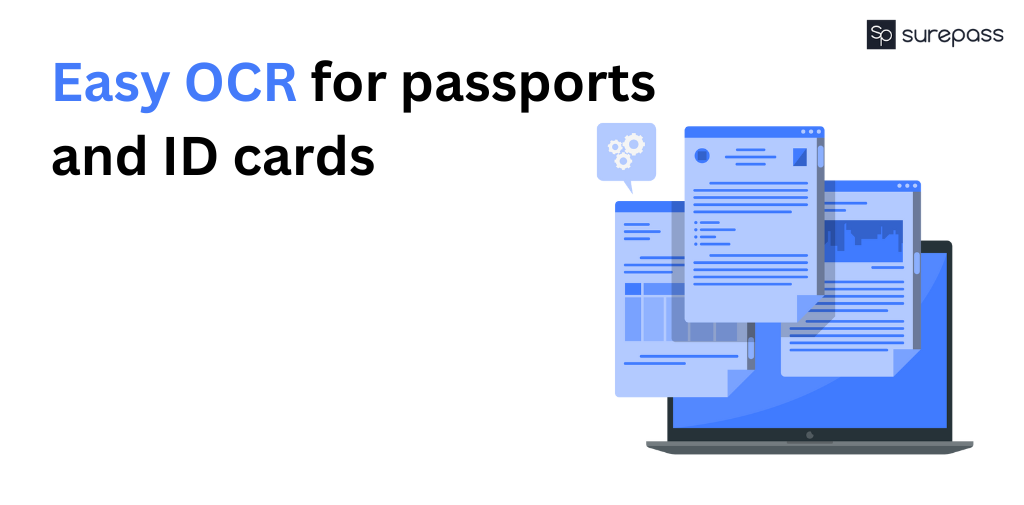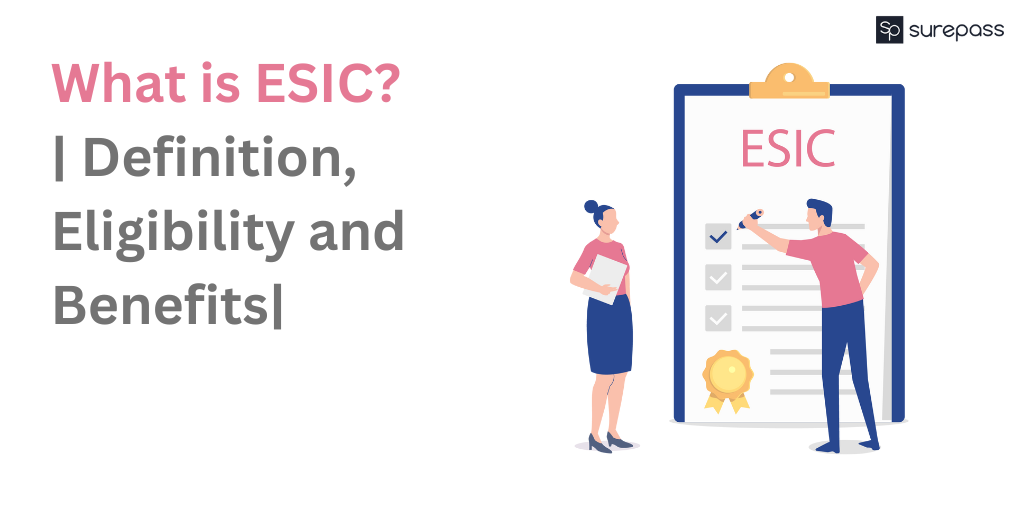Employment Verification- Meaning
Falsification and exaggeration of employment experience are common among job hopefuls worldwide. According to a Career Builder poll, 58% of employers have found a job applicant lying on their CV. Employers must check candidates’ reported job experience as well as their skills for the post.
Employment verification validates a candidate’s employment history or current job status. This helps to determine whether the individual has the necessary experience to perform successfully in the post being evaluated.
It can also reveal incorrect or inflated claims, gaps in career histories, and made-up job titles. During employment verification, the company evaluating the candidate for a position contacts previous employers. It certifies the nature of the position, title, length of employment, reasons for departure, and so on.
Employment verification sometimes includes additional checks such as background checks, identification checks, criminal history checks, and school records. Such rigorous examinations aid in obtaining a comprehensive appraisal of an individual’s talents and appropriateness for the company. The primary reason why background checks are performed is to prevent job fraud.
Job Verification- Its Importance
The number of years of employment history that must be confirmed varies by job. For example, proving the preceding three years of employment may be sufficient for entry-level positions. For senior positions, documentation of a longer length of work is necessary. The duration of experience confirmed is also determined by the tasks associated with the position. For example, job history verification is necessary since physicians and nurses must be licensed.
Organizations do employment verification on candidates to protect themselves from potential problems. The reasons why employment verification is crucial are:
- Verification of trustworthiness: Once employed, the individual gains access to insider information about the firm’s assets, operational operations, finances, and financial data. This access can be abused by someone who proves untrustworthy. A breach of trust by a person, such as theft or disclosure of secret information, has immediate negative implications for the company. Aside from the immediate consequences, the business suffers long-term negative effects on its work culture, reputation, and brand.
- Wrong Hires: Even with the greatest in-house hiring practices, mistakes happen. Every employer will confess that they made the incorrect hiring. Pre-employment verification helps to eliminate/reduce recruiting errors while also improving hiring process efficiency.
- Employee turnover: Employment verification and screening serve to reduce employee turnover caused by termination due to theft, fraud, and other reasons. Verification helps to ensure that the organization’s values and those of prospective personnel are aligned. Greater congruence in values improves retention.
- Customer relationships: A bad hiring may engage badly with consumers, jeopardizing customer relationships. Poor customer interactions eventually harm corporate performance and profitability.
Automate your KYC Process & reduce Fraud!
We have helped 200+ companies in reducing Fraud by 95%
Employment Proof Measures
The following measures are used to verify a candidate’s job status:
- Notify the candidate in writing about the background check. This communication is in addition to your employment application.
- Obtain written consent from the candidate for employment verification.
- If employment verification is a requirement during the recruiting process, it must be specifically mentioned in the organization’s hiring policy.
- The applicants must be notified about the background checks being conducted on them.
Employment Verification Process
A reference check is also a reliable method of job verification Reference checks require speaking with the candidate’s former manager(s) or coworker(s). These conversations help to ascertain the candidate’s work attitude, professional skills, and areas of strength and weakness. This enables a more precise evaluation of the candidate’s fit with the company.
An appointment letter or a relieving letter from a past employer serves as formal confirmation of current or prior employment. These letters provide details about the applicant’s prior employment, such as the name of the company, address, and phone number, as well as the job title, duration, and responsibilities of the position.
Pay stubs and salary slips are frequently used as documentation of employment for employment verification purposes. This also helps to determine the candidate’s remuneration.
Proof Of Employment- Documents Required
Each nation has rules that specify what information businesses may lawfully use to check during hiring. During job verification, candidates give the following information:
- Performance at work.
- Reasons for leaving.
- Role title, job description, and duties.
- Duration of tenure.
- Salaries, allowances, and benefits.
- Discipline and general conduct.
- Miscellaneous work-related facts that might influence the hiring choice.
Employers are obligated to follow any local regulations governing the sharing of applicant information. Potential employers must only obtain legally authorized information. To ensure that all legal requirements for employment verification are met, some organizations prefer to use the services of expert third-party agencies. Such specialized agencies conduct thorough employment verification, ensuring that all legal criteria are met.
Surepass is a verification platform that offers speedy identity verification for authentication, fraud protection, and employee onboarding across industries. The technology makes it simple to validate users, identify and prevent fraud, and provide a smooth onboarding process.
Surepass Background Check APIs provide the following features:How can we help!
- Real-time monitoring of the document/data collection process
- Simple programmer that collects relevant papers.
- Real-time tracking of each case’s progress and little input necessary to construct a target profile are paired with comprehensive, adaptive, and dependable reporting.
- The largest corporate, legal, financial, secret, and negative public databases are available for use.
- Single-click creation of a new candidate or request
- Notifications and alerts can be customized to a client’s needs.
- It has the potential to be a future resource for employee information and can be integrated with any HRMS or ATS via APIs.







Sachin Bhola
More posts by Sachin Bhola